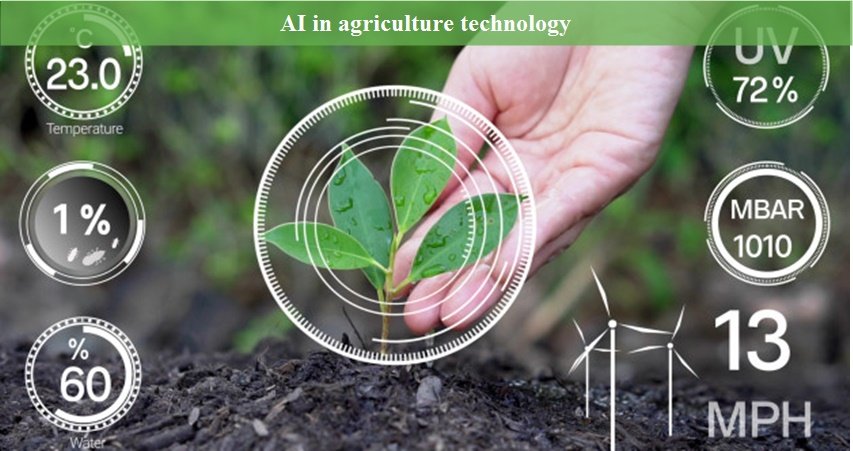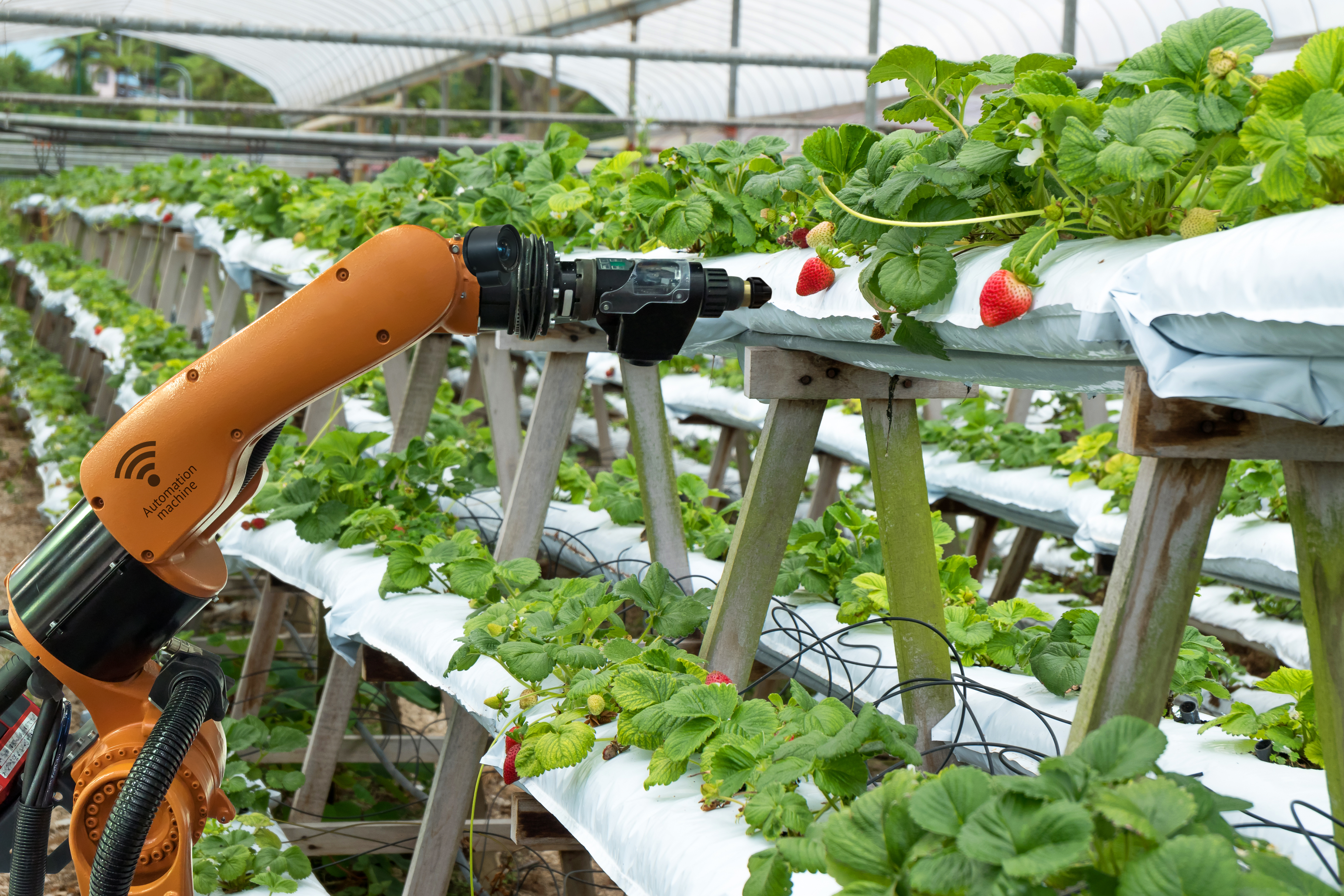Artificial Intelligence has been making waves in numerous industries, and agriculture is no exception. AI in farming is transforming the way farmers work, providing them with new tools and insights to make informed decisions, improve crop yields, and reduce waste.
One of the primary applications of AI in farming is precision agriculture. Precision agriculture refers to the use of technology to collect data and make precise, data-driven decisions about crop production. AI algorithms can analyze soil samples, weather patterns, and other environmental data to provide farmers with information on the best time to plant, water, and harvest crops. This information can significantly increase crop yields, as well as reduce the use of water and other resources.
Another area where AI is making a big impact in farming is in the use of drones. Drones equipped with sensors, cameras, and other technology can provide farmers with detailed aerial images of their crops. AI algorithms can then analyze the images and provide farmers with information on crop health, soil conditions, and other important factors that can impact crop yields.
AI-powered robots are also being used in agriculture to automate various tasks, such as planting, harvesting, and even soil analysis. By using robots to perform these tasks, farmers can reduce labor costs, as well as improve the efficiency and accuracy of these processes.
In addition to improving crop yields and reducing waste, AI in farming has the potential to help farmers tackle some of the biggest challenges facing the agriculture industry today. For example, AI can be used to predict and prevent disease outbreaks, as well as detect and respond to pests and other threats. This can help farmers reduce the use of harmful pesticides and chemicals, leading to a more sustainable agriculture system.

.jpg)



